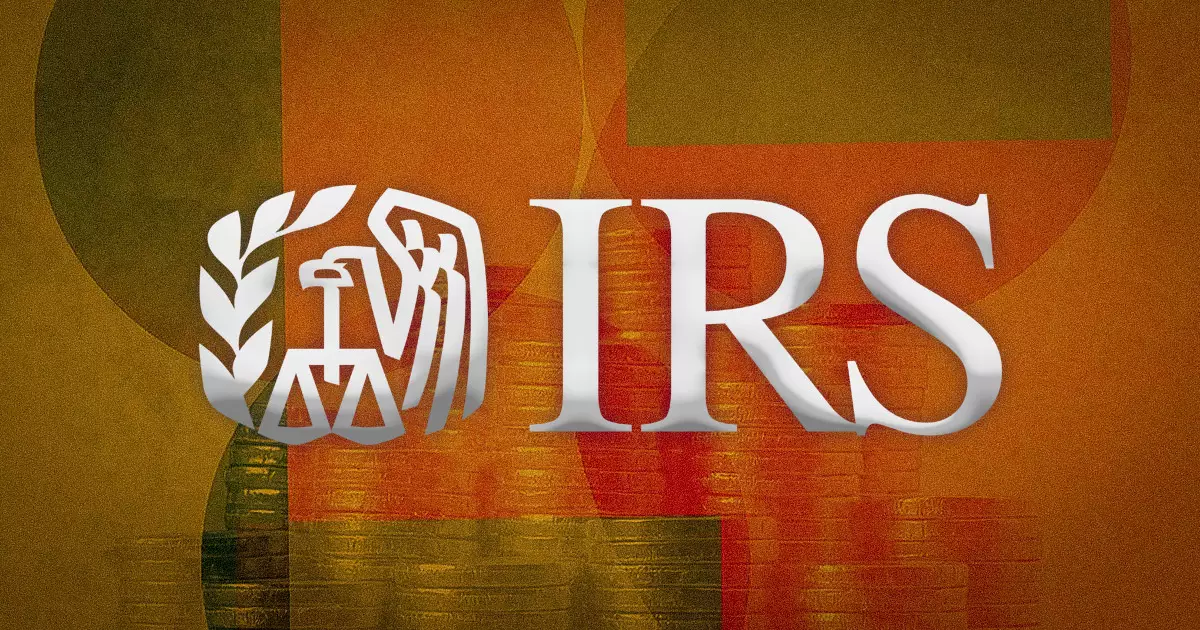The Internal Revenue Service (IRS) has recently released new guidelines regarding the taxation of cryptocurrency staking rewards. These guidelines state that taxpayers who participate in staking on a proof-of-stake blockchain and subsequently receive additional cryptocurrency units as validation rewards must include the value of these rewards in their gross income for the taxable year they are received.
The rule specifically applies to cash-method taxpayers. It specifies that the value to be reported is the fair market value of the cryptocurrency at the point when the taxpayer gains control over the rewards. This typically aligns with the ability to sell, exchange, or engage in other transactions involving the received units.
Definition of Digital Assets
According to the Internal Revenue Code, a digital asset is defined as a “digital representation of value recorded on a cryptographically secured distributed ledger or similar technology.” This definition encompasses convertible virtual currencies and cryptocurrencies, among others.
A Recent Tax Refund Case
In 2022, two cryptocurrency investors filed for a tax refund on the taxes they paid for their Tezos (XTZ) staking rewards. They argued that staking should not be classified as taxable income since it generates new property. The case was taken to court, and they even rejected a refund proposal by the IRS in order to seek a formal ruling. However, the case was dismissed in October 2022, and it has been in the appeals process since November.
Although this particular case did not result in a ruling, the IRS website suggests that staking income should be treated as taxable income, similar to mining income.
The recent guidelines from the IRS come shortly after the resolution of another cryptocurrency tax dispute. The cryptocurrency exchange Kraken was ordered to provide specific investor data to the IRS on June 30, but they were able to limit the scope of the agency’s requests through successful legal negotiations.
These developments reflect the IRS’s increasing attention to the taxation of cryptocurrency-related activities. As the cryptocurrency market continues to grow, it is important for taxpayers to stay informed about their tax obligations and seek professional advice when navigating this complex landscape.


Leave a Reply